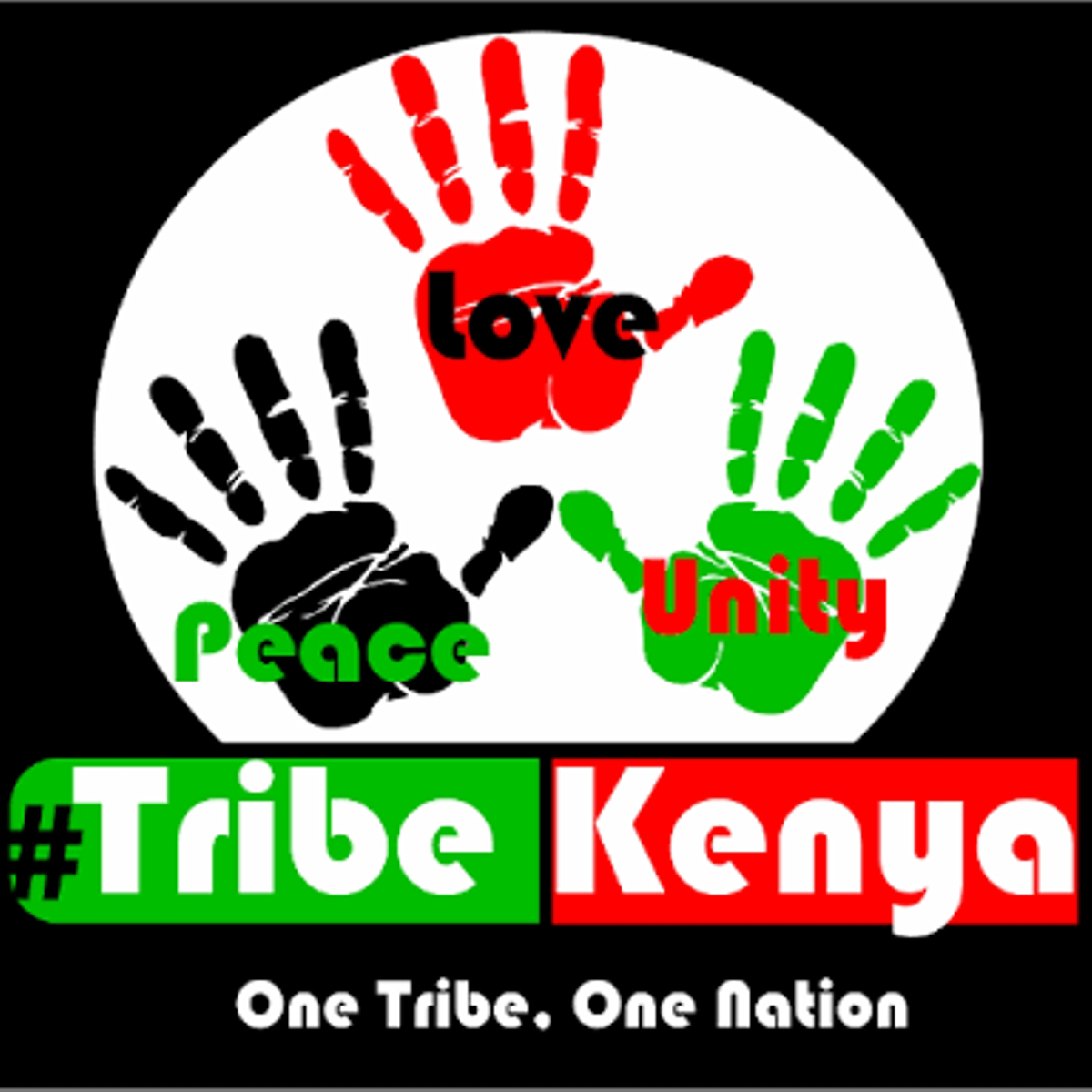In the complex fabric of human society, the threads of tribalism and racism have woven themselves deeply, constraining the potential for economic growth and development. Despite the leaps and bounds humanity has made in technological advancements and societal progress, these age-old biases persist, casting shadows on the landscape of prosperity and opportunity. As we navigate the complexities of the modern world, it becomes increasingly apparent that dismantling these barriers is not only a moral imperative but also an economic necessity.
Tribalism, the innate human tendency to form social groups based on shared identity and values, has been a defining feature of human civilization since its inception. While this instinct may have once served as a mechanism for survival and cohesion within small communities, its persistence in contemporary society often manifests as exclusionary attitudes and behaviors.
In a globalized world where interconnectedness is the norm, tribalism erects invisible barriers, hindering collaboration and innovation. The economic impact of tribalism is profound, influencing everything from consumer behavior to investment patterns. Tribal allegiances often dictate where resources are allocated, leading to inefficient distribution and missed opportunities for growth.
In business, cliques and networks formed along tribal lines can perpetuate exclusionary practices, shutting out talented individuals and stifling diversity of thought. As a result, companies may fail to harness the full spectrum of human potential, limiting their capacity for innovation and adaptation in an ever-evolving marketplace.
Moreover, tribalism can breed distrust and animosity between groups, undermining social cohesion and stability. In environments plagued by intergroup conflict, investment and entrepreneurship are stifled, as individuals prioritize security over economic risk-taking.This climate of uncertainty not only dampens economic growth but also perpetuates cycles of poverty and underdevelopment, trapping communities in a perpetual state of stagnation.
Similarly, racism, the systemic discrimination and marginalization of individuals based on race or ethnicity, poses a formidable barrier to economic progress. Rooted in centuries of colonialism, slavery, and institutionalized prejudice, racism permeates every facet of society, shaping access to education, employment, and financial resources.
Despite the strides made towards equality and justice, the legacy of racism continues to cast a long shadow, perpetuating cycles of poverty and inequality across generations.
The economic ramifications of racism are manifold, exacerbating disparities in wealth and opportunity. Studies have consistently shown that minority communities face higher rates of unemployment, lower wages, and limited access to capital compared to their White counterparts in the USA.
Discriminatory lending practices and housing policies further entrench these disparities, creating barriers to homeownership and wealth accumulation for marginalized groups.
Moreover, the psychological toll of racism cannot be overstated, as individuals grapple with the pervasive effects of discrimination on their mental health and well-being.
The stress of navigating a world rife with prejudice and bias can erode self-esteem and hinder personal development, impeding individuals' ability to fully participate in the economy and society at large.
Beyond its human toll, racism exerts a heavy toll on the economy as a whole, stifling innovation and productivity. When talented individuals are overlooked or excluded based on race, entire industries miss out on valuable perspectives and insights. In a world where diversity drives creativity and problem-solving, the marginalization of minority voices represents a lost opportunity for economic growth and competitiveness.
Addressing the twin scourges of tribalism and racism requires a multifaceted approach that encompasses legislative action, institutional reform, and grassroots activism. Governments and policymakers must enact laws and policies that promote inclusivity and diversity, while holding accountable those who perpetuate discriminatory practices.
Educational institutions play a crucial role in fostering empathy and understanding across racial and cultural divides, equipping future generations with the tools to challenge prejudice and bigotry.
At the corporate level, businesses must prioritize diversity and inclusion as core values, not merely as a checkbox on a corporate social responsibility report. By actively recruiting and retaining talent from diverse backgrounds, companies can tap into a wealth of perspectives and experiences, driving innovation and enhancing their competitive edge in the global marketplace.
Additionally, investing in minority-owned businesses and communities can help level the playing field, creating pathways to economic empowerment and prosperity for those historically marginalized.
On an individual level, combating tribalism and racism requires introspection and empathy. It entails confronting our own biases and assumptions, and actively seeking out opportunities to bridge divides and build connections across cultural and racial lines. By fostering a culture of empathy and mutual respect, we can create a more inclusive and equitable society where every individual has the opportunity to thrive and contribute to the collective prosperity.
In conclusion, the shackles of tribalism and racism weigh heavy on the shoulders of modern society, constraining our collective potential for economic growth and development. To break free from these chains, we must confront the deep-rooted prejudices that divide us, and strive towards a future where diversity is celebrated and inclusion is the norm. In the pursuit of a more just and equitable world, the promise of economic prosperity shines brightly on the horizon, beckoning us forward towards a brighter future for all.
BY NYAMWEYA ENOCK, Second Year Student pursuing a Bachelor of Arts degree in Journalism and Mass Communication in Chuka University












 MWINGI TIMES for timely and authoritative news.
MWINGI TIMES for timely and authoritative news.
No comments
Post a Comment